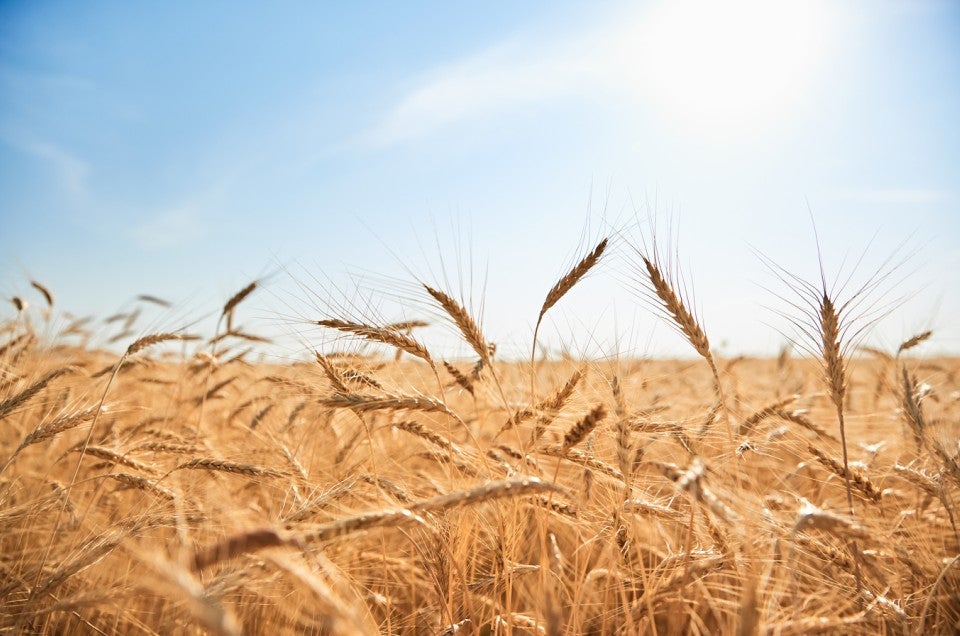Introducing King Arthur’s guide to sustainable baking
It's a hub for all the planet-positive steps bakers can take.


When it comes to making better decisions for the planet, there is at least one heartening truth: We have no shortage of options. Whether it’s regarding our coffee, our commute, or our crumb cake, we’re almost always given the opportunity to choose a better path. Sometimes it’s a path of less — less carbon, less waste, less water usage. Other times it’s a path of more — more impact, more responsible land stewardship, more responsible treatment of workers.
Having many paths doesn’t, unfortunately, make it easy to pick one. In fact, picking just one is a cause for anxiety. As some climate researchers like to say, we no longer have the luxury of choosing just one path. We need to go down all paths, and take all the options that are available to us.
Every ingredient swap, every instance of avoiding excess food waste, is a step toward sustainability.
As a company, King Arthur is doing just that. On a corporate level, we’re leaning into regenerative and organic wheat, examining our packaging, and thinking about how our business can heal not just the planet but also the people living on it. (Expect to hear more about these efforts in the coming months.) And on the individual baker level, we’re thinking deeply about the paths to sustainability we might forge in our homes.
After all, the kitchen is a resource-heavy room. It’s a place where we use lots of water and burn lots of gas. And, of course, it’s the room where we put all our various food choices to use. Thus the decisions we make in this realm can have an enormous impact on our own personal environmental footprints.
Which is why we created the King Arthur Sustainable Baking Guide. Everyday bakers may struggle to find impactful changes they can make in their baking, so beginning now, and continuing every month, we’ll offer advice (and recipes!) for baking with a smaller footprint. This advice will be full of all the positive steps bakers can take: suggestions on how to use less single-use plastic, for instance, or tips on making the most efficient use of your oven.
We’ll also look at ingredients. Perhaps the most proactive step a baker can take is selecting planet-positive options like rye flour and regeneratively-grown wheat. At the same time, it’s hard to bake without butter, cream, and eggs — just a few of the foods that can have significant environmental impacts. So: Is local dairy better for the planet than commodity dairy? Is vegan brioche truly possible? These are the questions we ask ourselves as bakers, and now we’ll ask (and answer) them in public.

Sometimes the tips we share will feel small. We know that. If one baker washes their parchment paper so that they may use it again instead of buying more (and yes, you can do that — more on that soon!), we have to ask ourselves: Has that baker really made an impact?
Our answer to that question is yes. Because while it’s admittedly daunting, and maybe even misguided, to think that such changes can tackle the real problems facing our planet, we nevertheless believe that bakers can make an impact at home. And we can at the same time acknowledge that there are limits to our individual actions. One does not necessarily discount the former.
In other words, even the baking decisions matter, and rather than label them “small,” it serves all of us to think of them as simply cumulative. Every ingredient swap, every instance of avoiding excess food waste, is a step toward sustainability. The next action, and the next, and the next, only widen the impact a baker makes. The key is to find the actions to take and to take them often. The launch of our Sustainable Baking Guide aims to help you do just that.
Cover photo by Scott Slusher.

